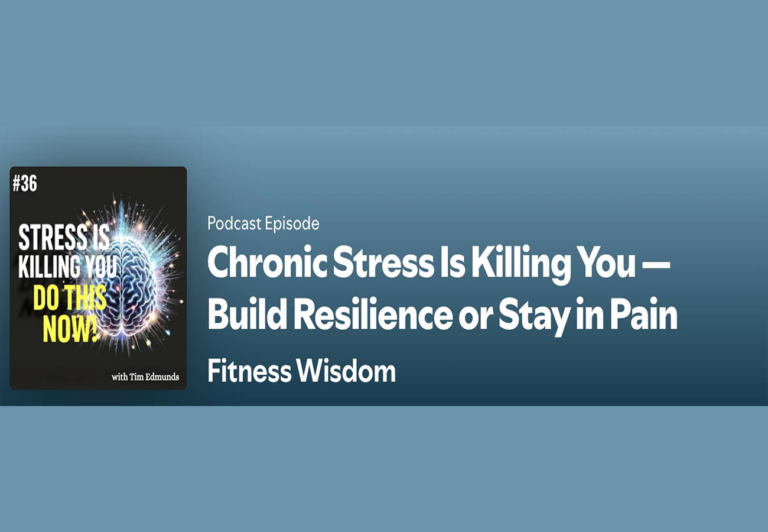We all have things in our day that are either energy generators or energy consumers. Normally if we feel overwhelmed, stressed, frustrated, angry, triggered, depressed (any other word that describes a negative feeling) then we are probably in an energy deficit.
This isn’t limited to our feelings, this also related directly to our bodies. If we are fatigued, sore, injured, in pain, weak or ill then too, we are probably in an energy deficit.
I had a post last week that essentially stated that ENERGY is required to sleep. If we are in an energy deficit, getting a deep, restorative, nights rest is nearly impossible.
So how can you monitor and use your daily allotment of energy units wisely?
Well first, you must identify that which is an energy generator and that which is an energy consumer. You will have both, you can’t just have a day full of energy generation.
For example, for me things like exercise, meaningful conversations, spending time with my family, working on fun projects, healthy eating, massage, breathing exercises, meditation, yoga, golfing are all things I classify as energy generators.
On the other hand, things like, certain household chores, dealing with difficult clients, working on unnecessary projects, meetings that could be emails, watching the evening news, bad foods/snacks/candy, negative conversations are all things that can rob me of energy. And when I look at most days, as of recently, I tend to have more energy consumers than energy generators. All good, awareness of this is the first step 🙂
One thing to note, the duration and quality of your energy generators or consumers can have an impact on how many units of energy you create or lose. For instance, a fully focused and centered hour yoga class would generate more energy than a yoga class where I’m not focused, with thoughts all over the place. Or having a long, highly emotional dispute with a friend or family member could drain a ton of energy…even worse, still thinking about the dispute after it’s over will continue to suck the energy from you.
Once you’ve found all of the things you do daily that either generate or consume energy start documenting. At the end of every day, week and month, total up you generators vs consumers. Odds are if you have more and/or higher quality generators than consumers I have a feeling that things are going to be going quiet well for you, you’re in an energy surplus. On the opposite site, if you have more energy consumers than I can imagine you would feel angry or depressed and probably have some bodily ailments, an energy deficit.
Here’s a few bonus tips:
Become aware of those things that suck your energy that you’re not even aware of. Retelling negative stories are the worst. I’m all for getting something off your chest, but if it’s a story you’ve told multiple times, watch out, it’s taking your energy!!
Also, I’ve learned that trying to force certain outcomes can be a significant drain on energy yielding a net negative benefit. I’m not talking about constant, quality repetition, those are energy generators (working towards a goal that requires time with observable milestones). But things that are truly beyond your control, like trying to force someone to change or attempting to fix situations by working against it as opposed to with it.
All of these things I can tell you I have gotten caught up in recently. I’ve been searching for answers as to why my energy was low, why I’ve lost some motivation, why my body is sore and why my sleep has been so inconsistent. It was due to having more energy consumers than energy generators. So now, I’ll close monitor the things that are draining me, determine if they are necessary and get rid of the energy consuming activities that I can control. For everything else, I’ll make certain I have more energy generating activities daily than energy consuming activities.



